survey highlights mental health struggles for canadians living with inflammatory bowel disease
the survey, part of takeda's 300,000 reasons why campaign, found that two-thirds of canadians living with ibd have experienced mental health issues because of their disease.
what it feels like: facing the challenges of colitis and anxiety with strength and hope
“i look back at my experience with anxiety, my experience with colitis, and there’s so many times where i was just feeling so down, like, how am i going to go on kind of thing. but then i can.”
what it feels like: turning lifelong crohn's disease into fundamental change
carter vossen-duguay is one of 15 participants awarded the crohn’s and colitis canada’s abbvie scholarship, which is dedicated to helping students living with ibd reach their academic goals.
 5 minute read
5 minute read









